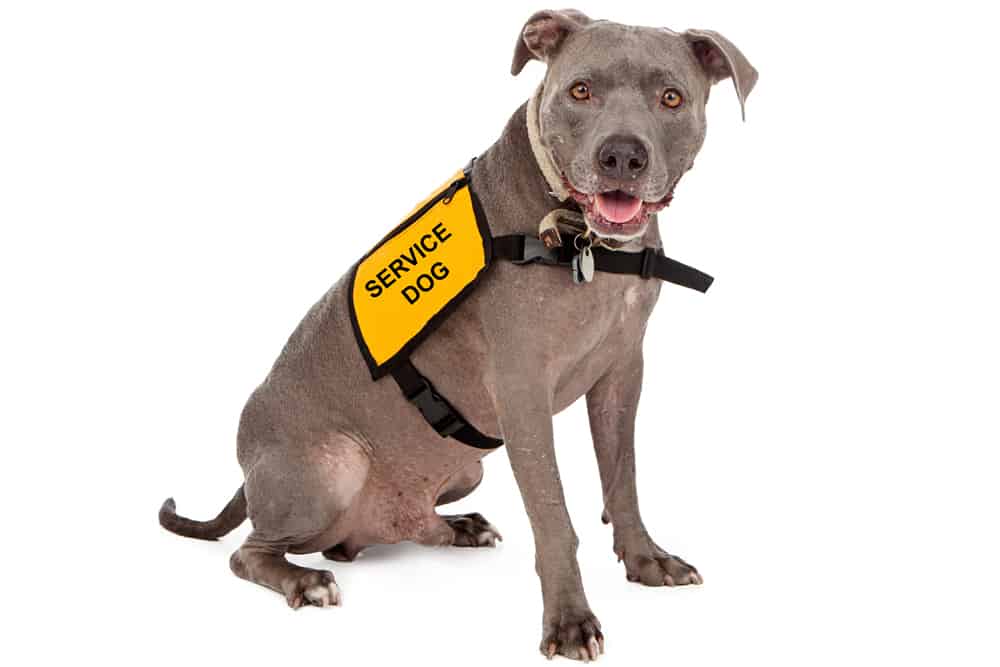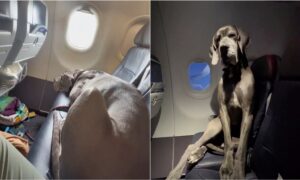“This post contains affiliate links, and I will be compensated if you make a purchase after clicking on my links.”
For the first time in more than two years, pit bulls will once again be allowed to fly Delta—as long as they’re service dogs.

In June of 2018, Delta Airlines announced an updated service and emotional support animal policy that prohibited pit bulls from all flights, regardless of whether they were legitimate service or emotional support dogs.
Nearly a year after countless legitimate service dogs and emotional support animals were turned away from the airline based solely on their breed, federal officials announced that airlines were, in fact, NOT permitted to deny access to service dogs and ESA’s because of their breed.
Still, the airline defied federal mandate and continued to prohibit pit bulls from flying alongside disabled passengers on board their planes. Delta was given 30 days to comply with federal guidelines or “face enforcement action.” The airline continued to discriminate against the breed—or any dog that looked like it might be mixed with a pit bull-type breed—until about 2-and-a-half years later on January 11, 2021 when Delta finally agreed to follow U.S. Department of Transportation’s newest guidelines. It is unclear whether the airline ever faced enforcement action by the DOT.
New 2021 DOT guidelines grant airlines to right to prohibit all Emotional Support Animals, including dogs, but require all airlines to allow Service Dogs, regardless of breed, to fly in the cabin alongside disabled handlers.
This means, for the first time in more than two years, pit bulls will now be allowed on Delta flights, as long as they’re legitimate service dogs and all required documentation is submitted and verified.
Not surprisingly, Delta joined United, American, and Alaska Airlines in no longer giving on board access to emotional support dogs. At this time, Southwest Airlines still allows properly documented ESAs on board and has not announced plans to change their policy just yet.
The new rules don’t mean that pets can no longer travel by air, but requires passengers with pets or emotional support animals (with the exception of Southwest Airlines, so far) to transport them as pets and pay a pet fee. If the same number of animals that previously rode free as ESAs fly as pets in 2021, airlines are projected to earn upwards of $50 million in pet fees.





















